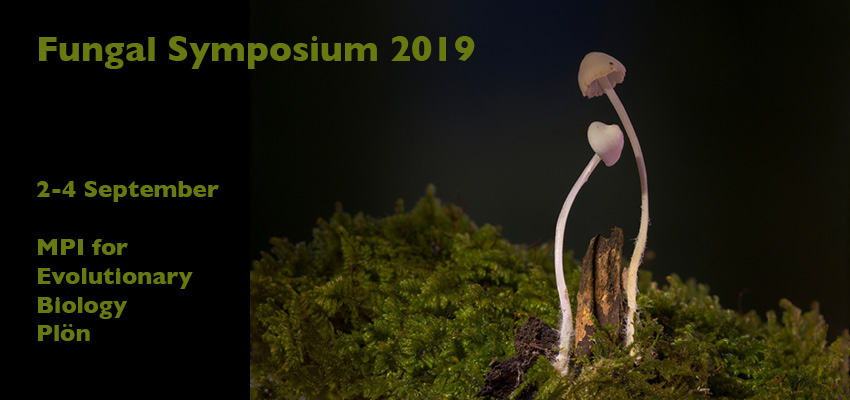Speaker
Description
Emerging pathogens need to adapt swiftly to exploit new hosts for growth and reproduction. Host shifts can be facilitated by adaptive changes in gene expression landscapes. In order to identify transcriptional patterns related to divergent host specialization in specialized fungal plant pathogens, we compared the development and expression profiles of the wheat pathogen Zymoseptoria tritici and two closely related species Z. pseudotritici and Z. ardabiliae during infection of wheat. Infections by Z. pseudotritici and Z. ardabiliae are incompatible: hyphae penetrate wheat stomata but are blocked in substomatal cavities involving plant defense responses. In contrast, Z. tritici can overcome host defenses to complete its lifecycle in wheat. Nevertheless, the three species show a highly similar developmental program during early host interaction. Gene expression programs are likewise conserved as only 6.5 % of orthologous genes are differentially expressed between Z. tritici and the sister species. This indicates that wheat specialization is facilitated by a small number of key traits. We focused on ten differentially expressed candidate effectors and studied their role in wheat infections using Z. tritici mutants. The observed in planta phenotypes cover reduced and increased virulence and changes in temporal disease development indicating that the contribution of these effectors to wheat adaptation is complex and dynamic since speciation of Z. tritici 11,000 years ago.

